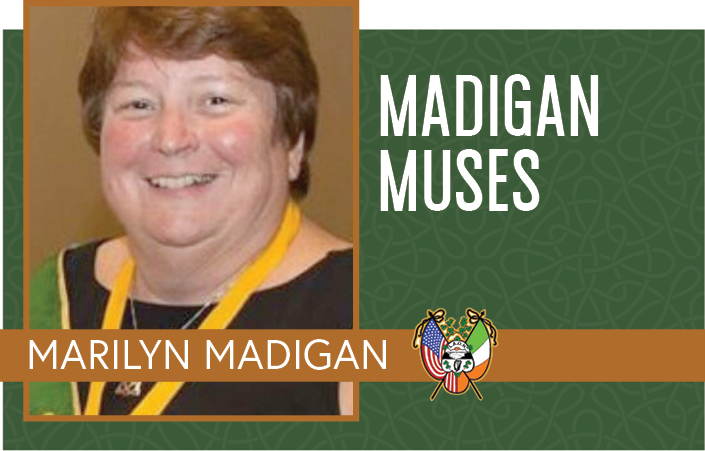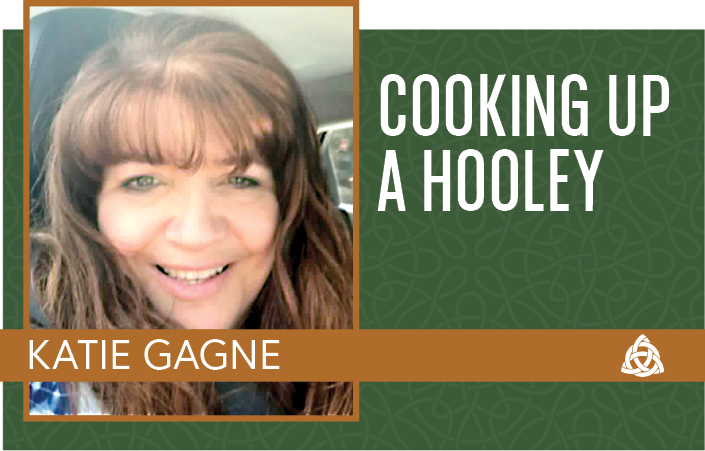Cough, fever, headache. Is it a cold or could it be the flu? This is a question many individuals will ask during flu season. Plan now and take proactive steps to stay healthy and protect yourself and your loved ones from the influenza virus by learning more about flu prevention. By recognizing symptoms, managing illness at home, and seeking medical care when necessary, you can ensure you’re doing everything possible to stay well.
Importance of the Flu Vaccine
Vaccination remains the most effective way to prevent the flu and its potentially severe complications. According to the Centers for Disease Control and Prevention (CDC) recommendations, individuals over the age of six months should be getting the flu vaccine annually, as it is updated to match the circulating strains.
If you’ve been vaccinated, you have significant protection against the flu and will likely experience milder symptoms if you do contract it. Talk with your doctor about any questions you may have prior to vaccination.
Recognizing & Managing Flu Symptoms
If you do contract the flu, it is important to know that symptoms can appear suddenly and are often more severe than those of the common cold. Symptoms of flu may include runny nose, cough, fever, headaches, body aches, and chills. If you experience any of these symptoms, it’s important to stay home to prevent spreading the virus.
For most individuals, the flu will generally pass and can be managed at home with over-the-counter medications, rest, and plenty of fluids. Tips for managing flu symptoms include:
Rest: Ensure you get plenty of rest to help your body fight the virus. HEALTH MATTERS Protecting Yourself During Flu Season Hydrate: Drink plenty of fluids, such as water and clear broths, to stay hydrated.
Medication: Use over-the-counter medications to relieve symptoms like fever, headache, and body aches.
If diagnosed early, antiviral treatments for the flu can help reduce the severity and duration of the illness. Early intervention with antiviral medication is especially important for high-risk individuals, including young children, the elderly, and those with chronic health conditions. However, if you experience severe symptoms such as difficulty breathing, shortness of breath, or confusion, seek medical attention immediately.
Practical Tips for Flu Season
To navigate flu season effectively, follow these practical tips:
Get Vaccinated: Ensure you and your family members receive the annual flu vaccine. Vaccination is the most effective way to prevent the flu and its complications.
Practice Good Hygiene: Regular handwashing with soap and water, using hand sanitizer, and avoiding touching your face can significantly reduce the risk of illness.
Stay Home When Sick: If you experience flu-like symptoms, stay home to prevent spreading the virus. Rest, hydrate, and use over-the- counter medications as needed.
Maintain a Healthy Lifestyle: A balanced diet, regular exercise, and adequate sleep can strengthen your immune system, making you less susceptible to illnesses.
Seek Medical Advice: If you experience severe symptoms or have underlying health conditions, seek medical advice promptly. Early intervention can prevent complications.
As flu season approaches, proactive measures are essential to protect ourselves and our communities. By staying informed, getting vaccinated, practicing good hygiene, and seeking medical care when necessary, we can navigate this challenging time with confidence. Remember, prevention is key, and together, we can reduce the impact of the flu on our health and well- being.
Haley Robuck, CNP, is a nurse practitioner caring for patients at Mercy Health – Oberlin Primary Care.
On This Day in Irish History
OCTOBER
1 October 1843 -Daniel O’Connell held what would be the last of his ‘monster meetings’ in Mullaghmost, Co. Kildare. These were enormous rallies aimed at solidifying support for repeal of the union of Great Britain and Ireland.
6 October 1175 -The Treaty of Windsor was signed by the High King of Ire- land, Rory O’Connor, and Henry II of England. It gave the Anglo-Normans control of Dublin.
7 October 1843 – Daniel O’Connell received word that the ‘monster meeting’ scheduled to be held in Clontarf had been declared illegal by Dublin Castle. O’Connell cancelled the meeting, fearing the risk of violence which he abhorred. This badly affected O’Connell’s credibility, and as a result, he never regained the popularity he once enjoyed.
10 October 1969 – The Hunt Report on policing in Northern Ireland recom- mended that the RUE be dismissed, the ‘B’ Specials be disbanded and re- placed by a new part-time force, later named the Ulster Defense Regiment.
12 October 1969 – Louise Gavon Duffy (85), revolutionary who served in the GPO during the 1916 Rising, and a pioneering educationalist who co-founded the first Irish language school for girls in Dublin, Ireland. ? what – was born? Died?
15 October 1842 – The first issue of The Nation was published. Founded by Thomas Davis, John Blake Dillon and Charles Gaven Duffy, it went through many iterations before merg- ing with the Irish Weekly Indepen- dent in 1900.
23 October 1969 – Samuel Beckett was declared the winner of the Nobel Prize for Literature.
25 October 2002 – Richard Harris (72), actor and Oscar nominee for The Sporting Life (1963) and The Field (1990), died.
30 October 1997 – Mary McAleese was elected the Eighth President of Ireland, making Ireland the first country in the world to elect two female heads of state concurrently. Her predecessor was Mary Robin- son.













